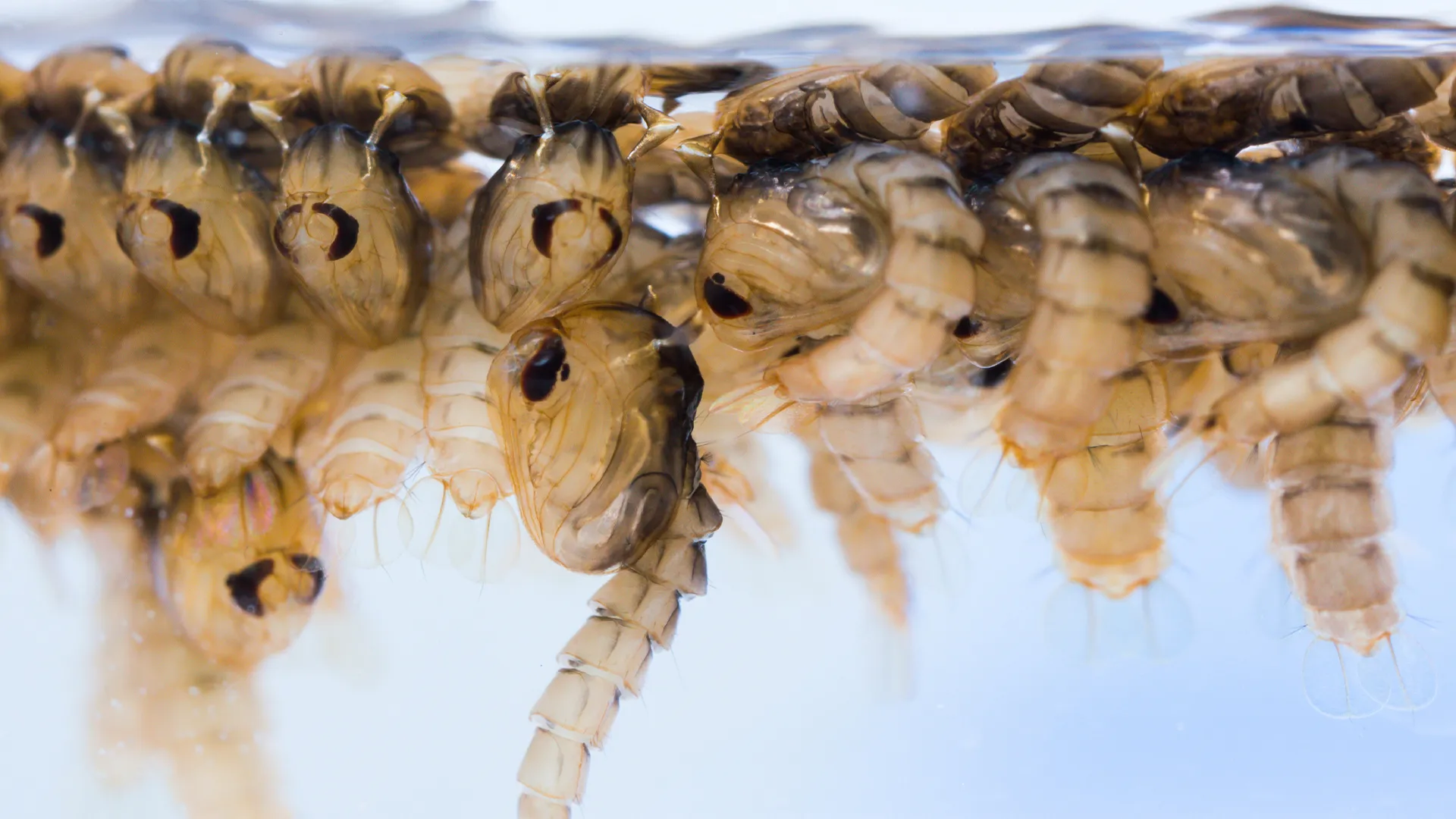
Genetically modified mosquitoes are in the process of being released by the Great Britain-based, U.S.-owned, Bill Gates funded company Oxitec in the Horn of East Africa, according to a report from CNN.
The mosquitoes were previously set loose as part of a controversial plan in Brazil this March.
The same company was also forced to withdraw its application in California recently over safety and other concerns.
On Tuesday, May 28, the East African country with a population of 1.121 million was the site of the latest GMO mosquito release. The release was designed to “combat a surge in malaria infectors caused by an invasive vector,” according to the CNN report.
Oxitec scientists and Djibouti Health Minister Ahmed Robleh Abdilleh told CNN his country is testing the new technology and says it could be a “game changer” for reducing the spread of malaria.
***
Related Reading: Scientists Find Anti-Malarial Compounds Inside Antioxidant-Rich Purple Berry
***
Uganda’s president Yoweri Museveni said in early January that his company is partnering with the Bill & Melinda Gates Foundation based company to fight malaria.
GMO Mosquito Opposition, Warnings in U.S. Scientific Community
Genetically modified mosquitoes have met widespread opposition in the United States in states including Florida (the Florida Keys), California and Texas. They have been field tested in a wide number of outside countries including Brazil.
On May 1 of 2020, the Gates-funded company Oxitec received an experimental use permit from the United States’ Environmental Protection Agency to release millions of GMO mosquitoes in the United States. The company has met fierce opposition for its GMO mosquito release trials at state, county and city levels.
A 2020 letter was released by scientists including a warning about the potential risks of GMO mosquitoes.
The scientists called for a government-funded registry for GMO mosquitoes and other organisms to collect field data and disclose information, as well as a risk assessment conducted by third-party researchers.
“To identify and assess risks, a commitment of finding is necessary,” the scientists wrote according to GMWatch.org.
****
Thanks for installing the Bottom of every post plugin by Corey Salzano. Contact me if you need custom WordPress plugins or website design.




